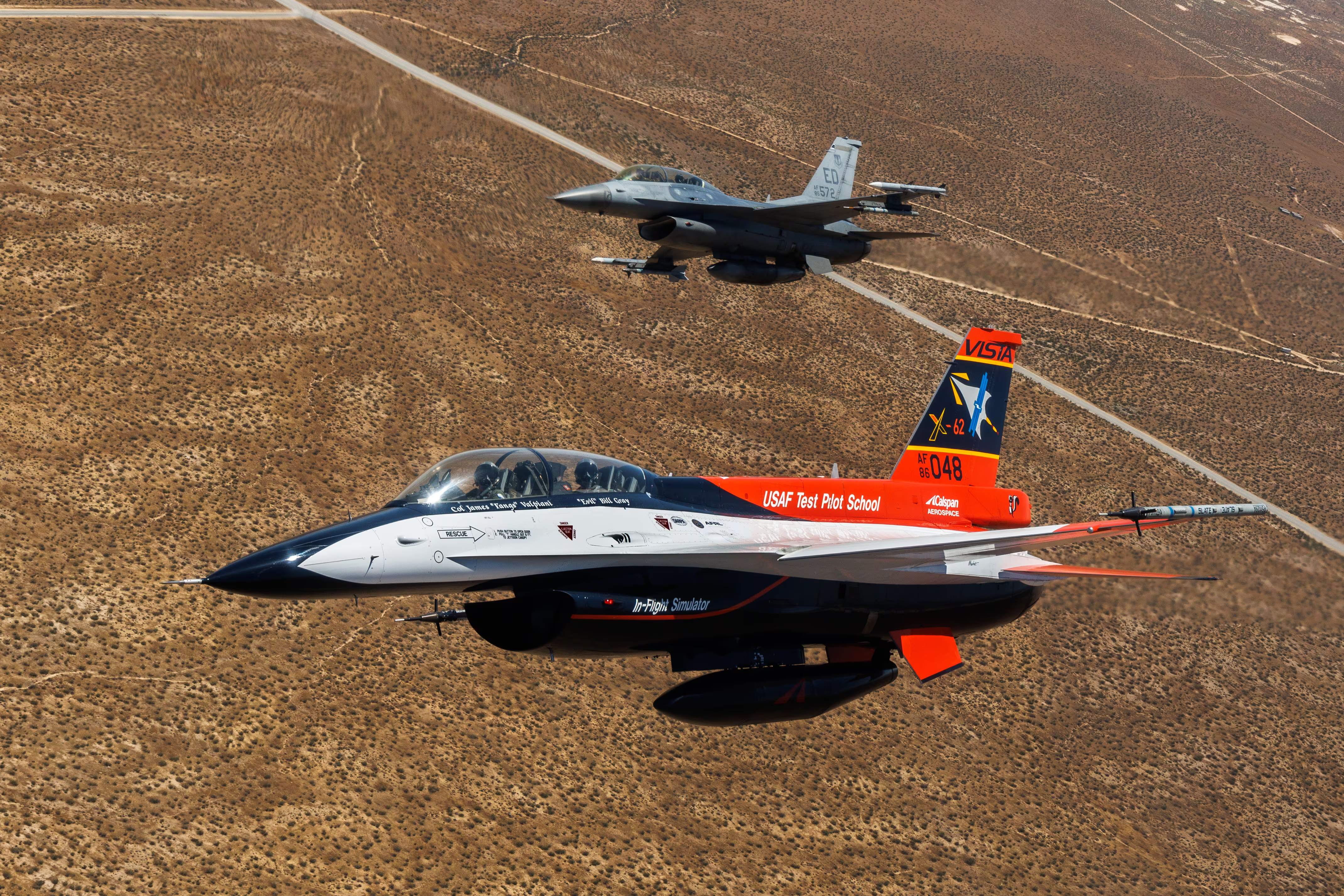Japan has ordered 17 of the latest variant of the Boeing-manufactured CH-47 Chinook cargo helicopter, the company said Thursday.
The CH-47 Block II Chinook is an extended-range version of the aircraft that is used by the U.S. Army and U.S. Special Operations Command. Japan is the fourth customer for the new variant.
Germany purchased 60 of the helicopters in a $4 billion deal in 2022, and the U.K. finalized its deal for 14 Chinooks in early 2024.
The CH-47s will be co-produced by Boeing and Kawasaki Heavy Industries. The Japanese company similarly provided elements for the CH-47 JA helicopters.
The helicopters purchased for the Japan Self-Defense Forces will replace some of its CH-47 JA aircraft, which were purchased in the 1980s and delivered by the early 2000s. The helicopters have been used, for example, to respond to the Fukushima nuclear power plant disaster in 2011, with special lead plates attached to the floor to protect the crew from radiation exposure. The aircraft collected ocean water and dropped it over hot spots.
“This award strengthens our decades-long relationship with [Kawasaki Heavy Industries] and provides critical capability improvements that will keep the Japan Self-Defense Forces operating heavy-lift aircraft for decades to come,” Heather McBryan, vice president and program manager for Boeing cargo programs, said in a statement. “The Block II configuration and digital flight controls will modernize and significantly improve Japan’s helicopter transport capabilities by improving aircraft stability, safety, and efficiency.”
The U.S. Army decided in 2019 that it would not procure the CH-47F Block II for the active fleet so it could begin making heavier investments in its Future Long Range Assault Aircraft, or FLRAA, and the Future Attack Reconnaissance Aircraft, or FARA, that it wanted to field in the early 2030s. The service decided it would build 69 of the latest Chinook variant for special operations in the form of the MH-47 “G” model and stop there.
But the Block II had a comeback after several years of uncertainty when the Army decided to return funding to build the variant for the active force following pressure from Congress. And as the result of the service’s decision to cancel its FARA program in 2024, $465.2 million in fiscal 2025 funding became available to enable a Block II production start for the regular Army.
The version incorporates a new fuel system, electrical system and stronger airframe to increase lift capability. The Block II version of the Chinook featured new rotor blades, but the Army abandoned the effort in 2022 due to excessive rotor blade vibrations that, according to the Pentagon’s chief weapons tester, posed a flight risk.
Jen Judson is an award-winning journalist covering land warfare for Defense News. She has also worked for Politico and Inside Defense. She holds a Master of Science degree in journalism from Boston University and a Bachelor of Arts degree from Kenyon College.








